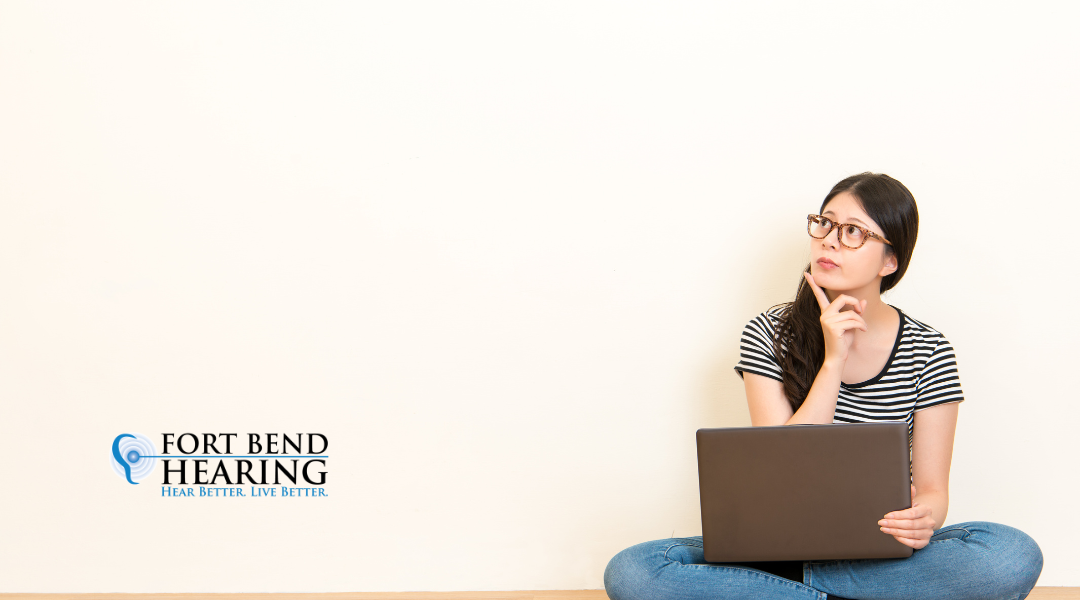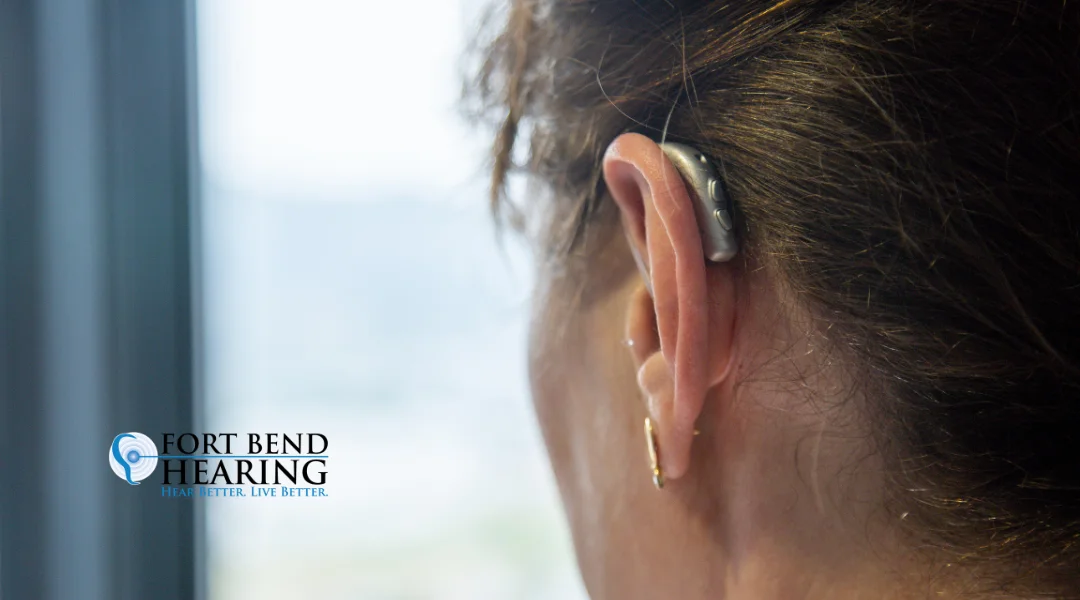The goal of a diagnostic hearing evaluation is to establish whether or not a hearing loss exists and, if so, to define the severity and type of hearing loss. The evaluation will begin with an otoscopic examination, in which our audiologists will evaluate the physical health of the ear and ear canal.
Read on to know more about the different types of hearing tests.
Immittance Testing
Immittance testing involves two types of hearing tests – tympanometry and acoustic reflex testing. These two tests together reveal the status of a patient’s middle ear function.
Tympanometry is an examination of the state of the eardrum and the smallest three bones in your body using air pressure fluctuations. Tympanometry measures the mobility of the tympanic membrane or eardrum.
Acoustic reflex testing assesses the neuronal circuitry around the stapedial reflex using immittance measurements. This test is useful for identifying the integrity of the auditory pathway to the lower brainstem, and identifying specific types of hearing loss where patient dependability is uncertain (infants, children, seniors, or patients with cognitive issues).
Otoacoustic Emissions Testing
Otoacoustic Emissions Testing (OAE) or Distortion Product Otoacoustic Emissions (DPOAE) assesses the function of the outer hair cells within the cochlea, or hearing organ. This test looks at the health of the hearing organ. OAE testing is used for the following: ototoxic monitoring, noise induced hearing loss, tinnitus patients, infant and children hearing evaluations, malingering, and other select populations who would not benefit from conventional hearing tests.
Ototoxic Monitoring
Are you aware that common drugs can harm your hearing? Ototoxic medications are those that have the potential to induce toxic harm to the inner ear. Hearing loss caused by some ototoxic medications can be minimized if the medication is stopped; however, in many circumstances, changing medications or dosages is not safe, especially for cancer therapies and treatments that can be lifesaving.
Fort Bend Hearing’s audiologists can perform hearing tests at any stage of drug administration to detect any changes in hearing caused by ototoxic effects. It is preferable to receive a baseline evaluation prior to receiving ototoxic medications.
In order to measure and monitor ototoxic drug effects on the hearing organ, an evaluation using special headphones that emit ultra-high frequency tones is completed. Ototoxic drugs often affect ultra-high frequencies (9,000 Hz – 20,000 Hz) initially. Once we detect nuances in a patient’s response to ultra-high frequencies, it is easier for us to determine if the hearing loss is ototoxic in nature or not.
Ultra High-Frequency Testing
The approach for ultra-high frequency testing is the same as for standard air conduction audiometry. High-frequency audiometry is suggested for assessing hearing impairments caused by ototoxicity, noise exposure, tinnitus, and acoustic traumas.
You will be seated in a soundproof room while wearing earphones that transmit certain sounds into one ear at a time. You will be asked to respond every time you hear a sound and the results will be collated and compared to normal, age-appropriate results.
Speech-In-Noise Testing
Experiencing difficulty hearing in noisy situations, such as in restaurants, malls, or parties, is one of the most common hearing issues. Even persons with no detectable hearing loss can struggle to hear in noisy environments.
The ability to hear in the presence of background noise is assessed via speech-in-noise testing. This hearing test is commonly performed in a sound-proof booth, where you will be asked to repeat sentences while listening to artificial background noise through the booth’s speakers.
Aural Rehabilitation
Hearing loss can significantly affect relationships and quality of life. Auditory rehabilitation (AR) aims to lessen the impact of hearing loss on quality of life by combining auditory training, communication tactics, and counseling.
At Fort Bend Hearing, we offer holistic auditory rehabilitation combined with hearing aids and cochlear implants. We acknowledge that each hearing loss is unique, which directs our goal to provide the most personalized hearing solutions possible.
Hearing Tests in Sugar Land, TX
Fort Bend Hearing provides a wide selection of hearing tests for pediatric and adult patients in Sugar Land, TX.
Our goal is to build long-term relationships and support the ongoing needs of our patients in every step of their hearing health journey.
Book your hearing test today!


